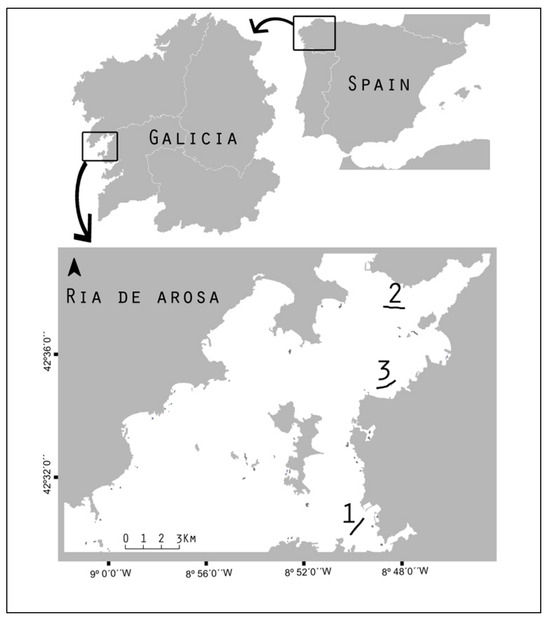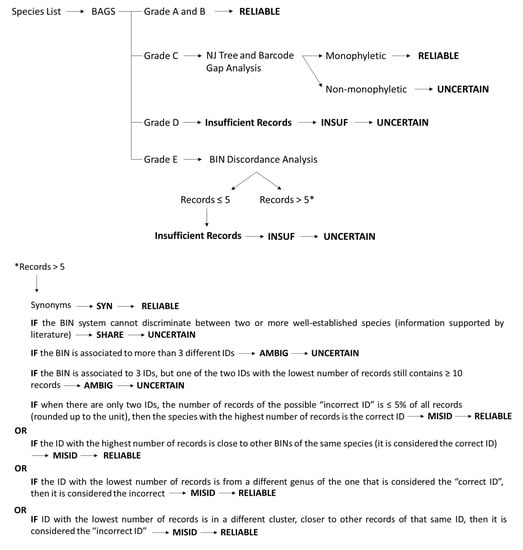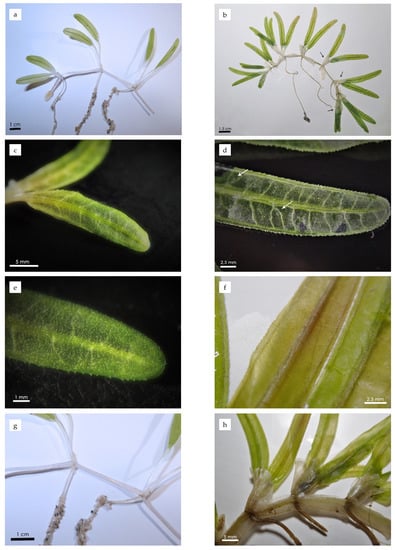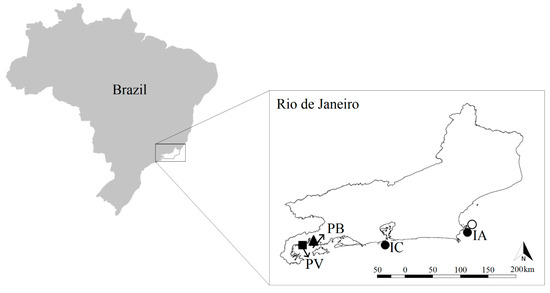Marine Invasive Species
A topical collection in Diversity (ISSN 1424-2818). This collection belongs to the section "Marine Diversity".
Viewed by 14547Editors
2. Groningen Institute for Evolutionary Life Sciences, University of Groningen, P.O. Box 11103, 9700 CC Groningen, The Netherlands
Interests: stony corals; coral-associated fauna; coral reef conservation; coral taxonomy; coral trade; tropical marine biodiversity; marine invertebrates; marine biogeography; phylogeny reconstructions; marine invasives
Special Issues, Collections and Topics in MDPI journals
2. Naturalis Biodiversity Center, Darwinweg 2, 2333 CR Leiden, The Netherlands
Interests: marine biogeography; non-native marine species disperal; species interactions; non-native species impact assessment; ascidians; marine molluscs; population genetics; cryptic species detection and impact; non-native species monitoring and identification methods; climate change linked species establishment chances
Topical Collection Information
Dear Colleagues,
An increasing number of marine invasive species are expanding their ranges in seas all over the globe. As introduced species, they draw attention when they negatively affect populations of native species or when they harm fisheries, shipping, or other industries. Their role can be controversial, since they can be considered as enrichment of the local biota or as a compensation for the loss of native species, as if their introduction is part of a natural selection process in the competition for space.
From a biological perspective, marine invasives attract much attention. Some of the fundamental research questions related to them are species-dependent, while others address general patterns or processes. Often, an anthropogenic factor is involved in the migration of single species or entire species assemblages from their native area to a non-native range. Marine species may expand their ranges by transport in ballast water, as fouling organisms on vessels, oil platforms, flotsam, or shellfish, as escaped aquarium organisms, or by dispersal through new waterways. Once a species has been introduced, the way in which it further expands its range may become a subject of research (e.g., ocean sprawling), and one may debate when a species is really considered invasive. Occasionally, non-native species that increase in abundance and become a nuisance or pest are also considered invasive. One can study the way in which introduced species interact with the original native flora and fauna. It may also be important to identify the relevant ecological traits of introduced marine species that enable them to expand in their non-native range, such as diet or natural enemies. All these questions can be addressed in this Topical Collection on marine invasive species.
Prof. Dr. Bert W. Hoeksema
Dr. Adriaan Gittenberger
Collection Editors
Manuscript Submission Information
Manuscripts should be submitted online at www.mdpi.com by registering and logging in to this website. Once you are registered, click here to go to the submission form. Manuscripts can be submitted until the deadline. All submissions that pass pre-check are peer-reviewed. Accepted papers will be published continuously in the journal (as soon as accepted) and will be listed together on the collection website. Research articles, review articles as well as short communications are invited. For planned papers, a title and short abstract (about 100 words) can be sent to the Editorial Office for announcement on this website.
Submitted manuscripts should not have been published previously, nor be under consideration for publication elsewhere (except conference proceedings papers). All manuscripts are thoroughly refereed through a single-blind peer-review process. A guide for authors and other relevant information for submission of manuscripts is available on the Instructions for Authors page. Diversity is an international peer-reviewed open access monthly journal published by MDPI.
Please visit the Instructions for Authors page before submitting a manuscript. The Article Processing Charge (APC) for publication in this open access journal is 2100 CHF (Swiss Francs). Submitted papers should be well formatted and use good English. Authors may use MDPI's English editing service prior to publication or during author revisions.
Keywords
- alien species
- ballast water
- fisheries
- flotsam
- fouling organisms
- native range
- non-native range
- nuisance species
- pest proportions
- release of aquarium pets
- species introductions











